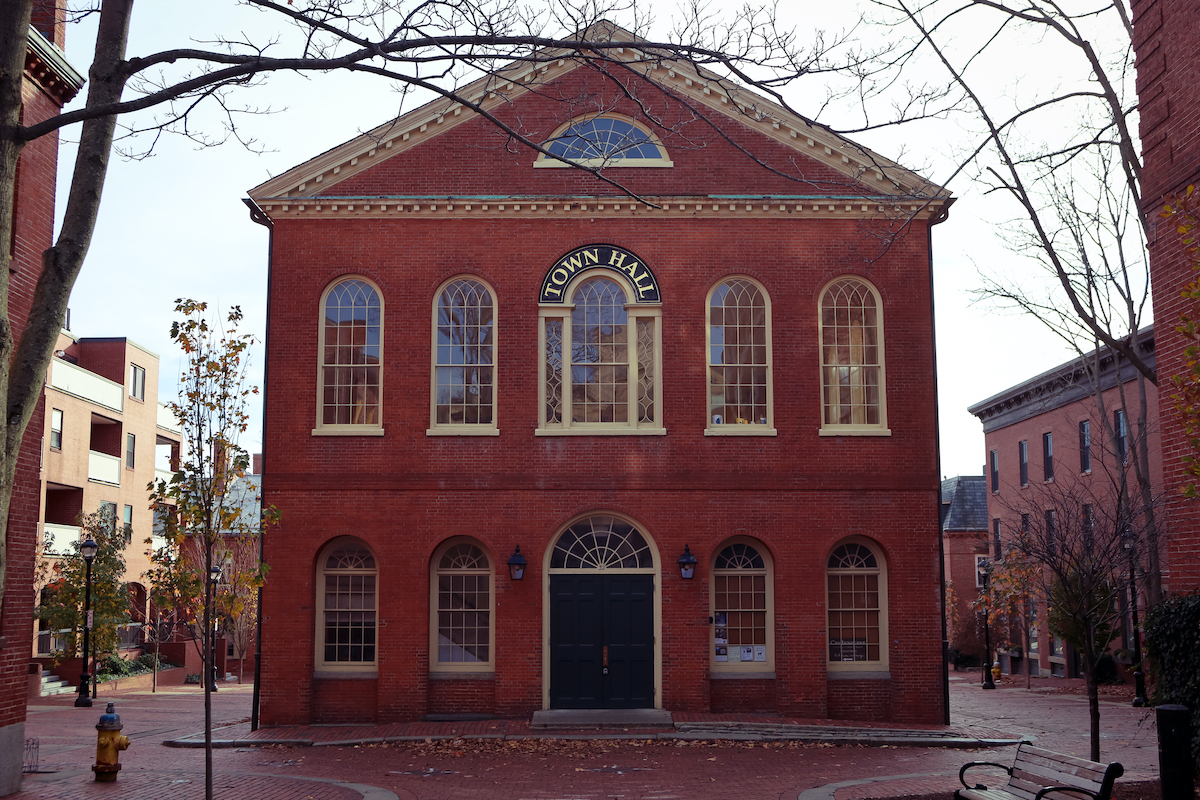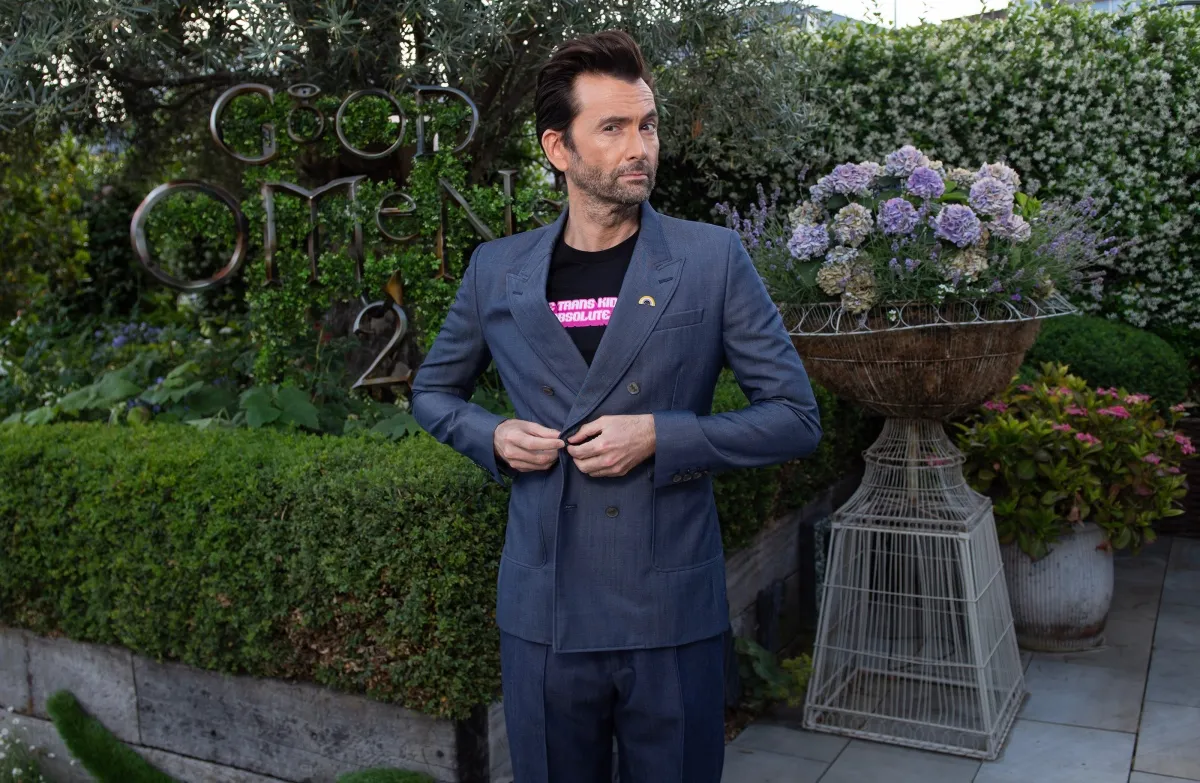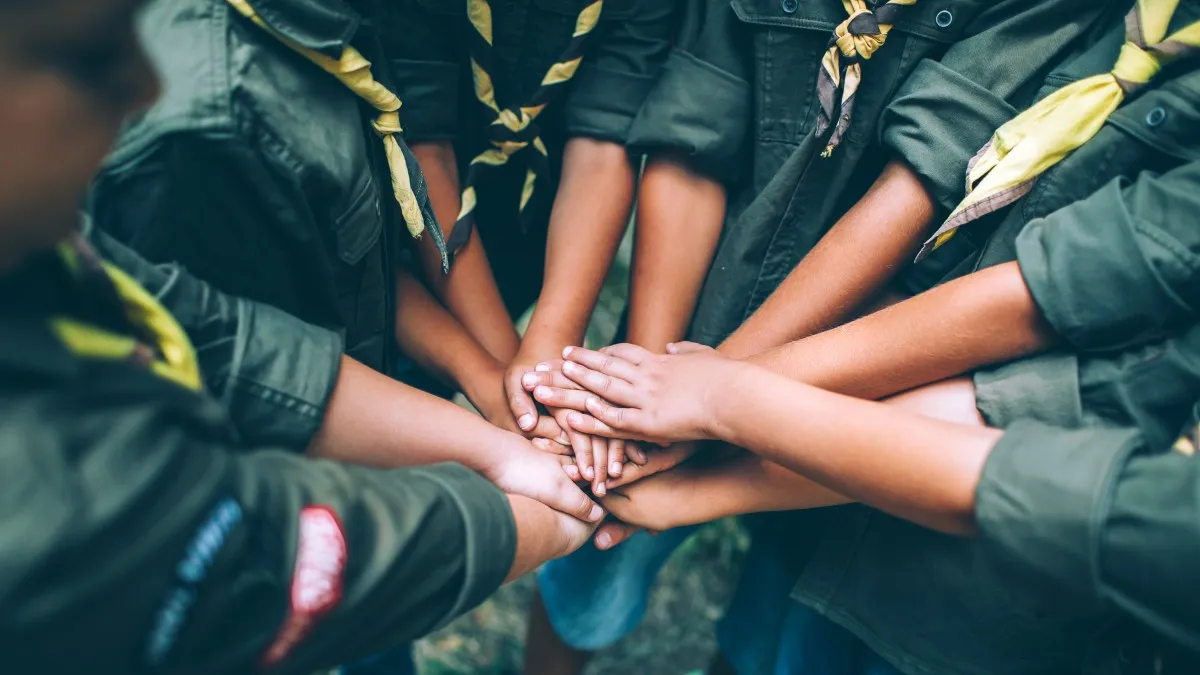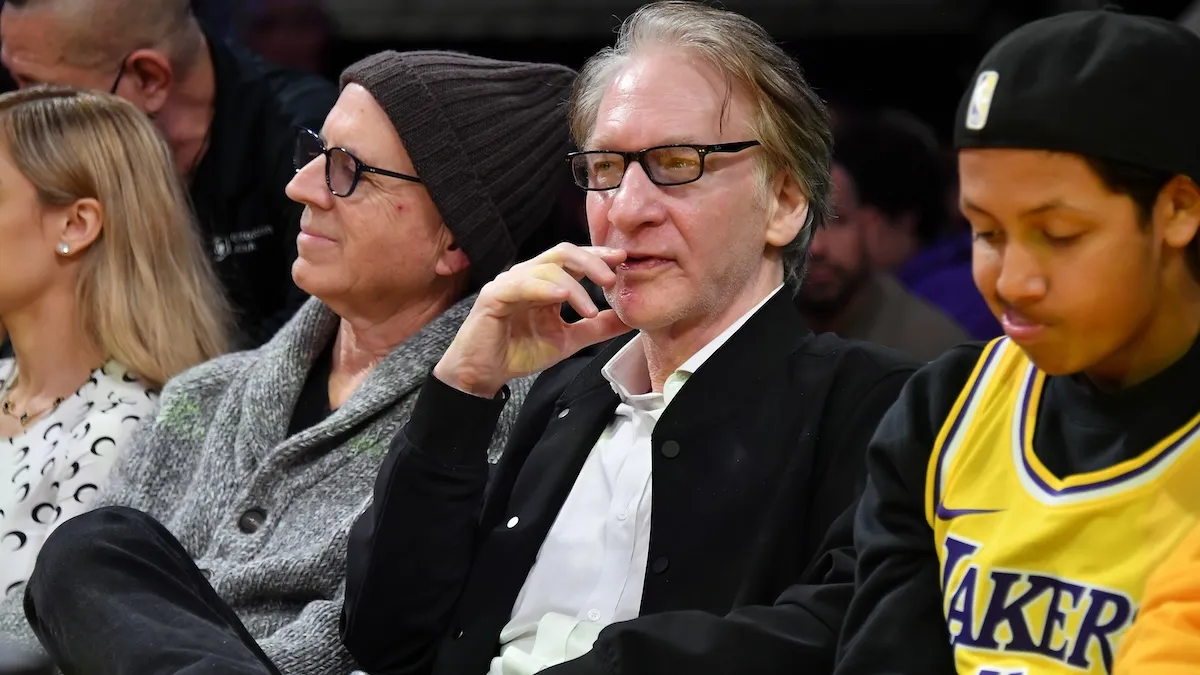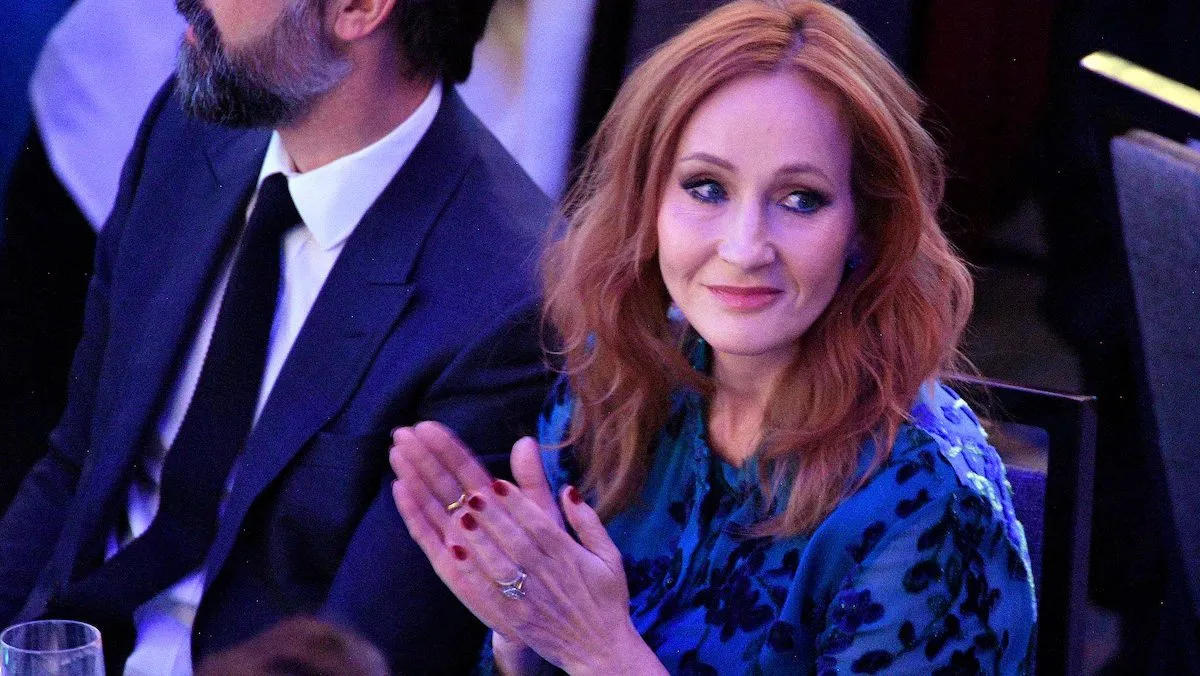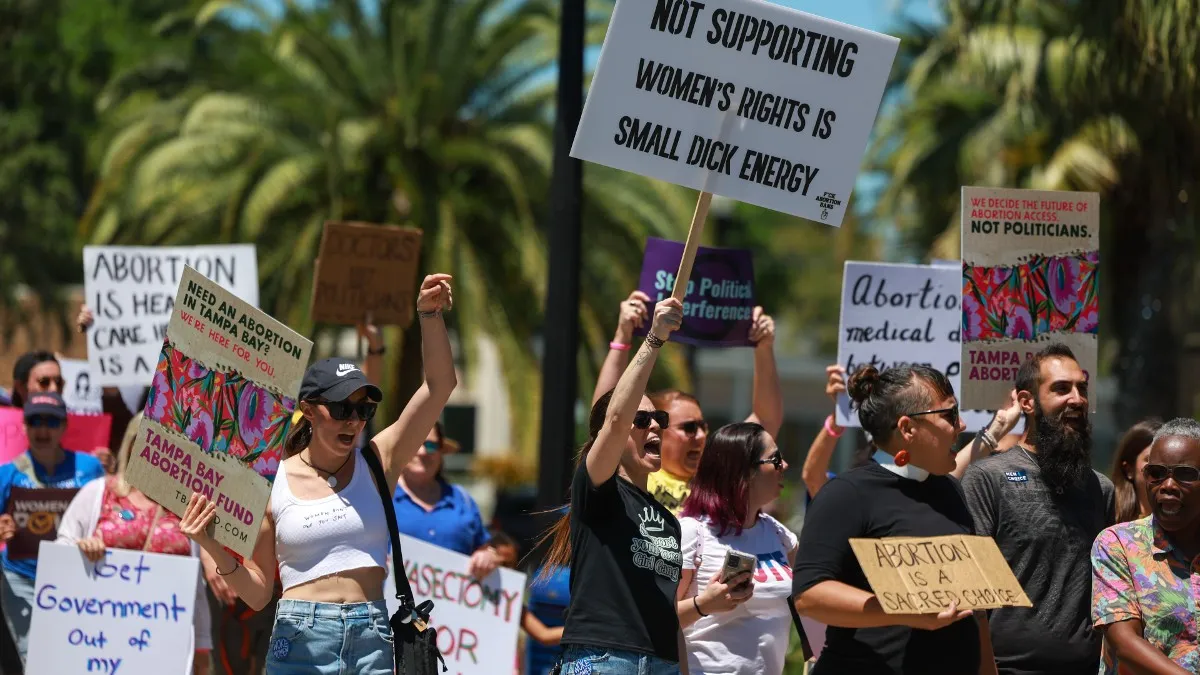Everything about the “Witch Trials of J.K. Rowling” podcast is ill-advised at best so it should come as no surprise that they’ve managed to offend the entire town of Salem, Massachusetts with their absurdly tone-deaf billboards—placed just across the street from where actual accused witches were hanged.
There’s a lot to be said about the framing of Rowling and other transphobes as the poor persecuted witches in this tired metaphor. They either don’t recognize or simply don’t care about the longstanding connection between queerness—in particular, historical gender non-conformity and “cross-dressing”—with being accused of witchcraft, and they refuse to acknowledge the audacity to appropriate that victimhood while working hard to oppress those same people in the here and now. This is a group of people with varying degrees of social and political power baying for the extinction of a vulnerable one, and still insisting they themselves are the targets of a witch-panic-style persecution, rather than its architects. It is astounding—or should be, but in reality, it’s not entirely surprising.
Rowling’s own statement, made during the Witch Trials podcast, that trans people are the real Death Eaters, illuminates the lack of perspective and self-awareness members of this movement possess. It’s a classic case of the privileged seeing a step towards equality as an attack; they think having to share space with a class of people they view as inferior is oppression, and being called out on spewing hate-filled rhetoric against them is actual persecution. They’ve grasped that witch hunts are a patriarchal means of social control but are so used to privilege that they can’t grasp why it’s inappropriate to compare being asked to take their boot off someone’s neck with people who were tortured and murdered for factors beyond their control.
So naturally, why would anyone involved in this see the problem with placing their billboard across the street from the place actual accused witches were hanged? To them, a witch hunt is a witch hunt, and a witch hunt is whatever they say it is.
Residents of Salem and descendants of the victims, however, firmly disagree, and have made their position on the billboard, its location near the site where real human beings were judicially murdered, and transphobia in general, abundantly clear.
It’s a particular irony that Salem is a very LGBTQ+-friendly town, precisely because of its history with witches. Salem, having both reckoned with its past and built an entire tourism industry off it, had to become a welcoming place for the LGBTQ+ community in order to succeed – because modern witchcraft as a practice has always acted as a beacon for queer folk. When queer people make up a significant percentage of your customers you have to learn to at least accept us or fail, and on top of that the people of Salem know exactly where religious extremism, prejudice and paranoid hate lead. They know what a witch hunt is and what it isn’t, and they’ve no interest in transphobia or willingness to stand for this level of disrespect to the dead.
While some will point out that Rowling herself didn’t have a say in the location of the billboard, or name the podcast (despite willingly participating in it), she does appear to have fully embraced the idea that criticism of her and her movement’s bigotry is the modern equivalent of accusing vulnerable people of having sex with the devil in order to curse their neighbors and then murdering them because of it.
Then there’s Rowling’s own treatment of those murdered at Salem and during other witch panics in her work, which isn’t any more respectful than placing the billboard right next to where they were killed. As with much of her world-building, she largely reduces the real atrocities of the witch craze in Europe and America to fun, irreverent bits of lore. She may not have placed the billboard herself, but her actions align with those who did.
This is about more than just Rowling though, and for that reason, the billboard being somebody else’s work does matter. This is about transphobes building a mythology of persecution around themselves, exploiting and disregarding historical atrocities to do it, and the fact that despite this, more and more people are able to see through it.
(featured image: Berton Taylor/Getty Images)



